Abdul Nasser
Dr. Abdul Nasser Kaadan, of Aleppo Syria, is a highly regarded physician and scholar. But his honors, credentials, and vital work could not keep him safe in his home country.
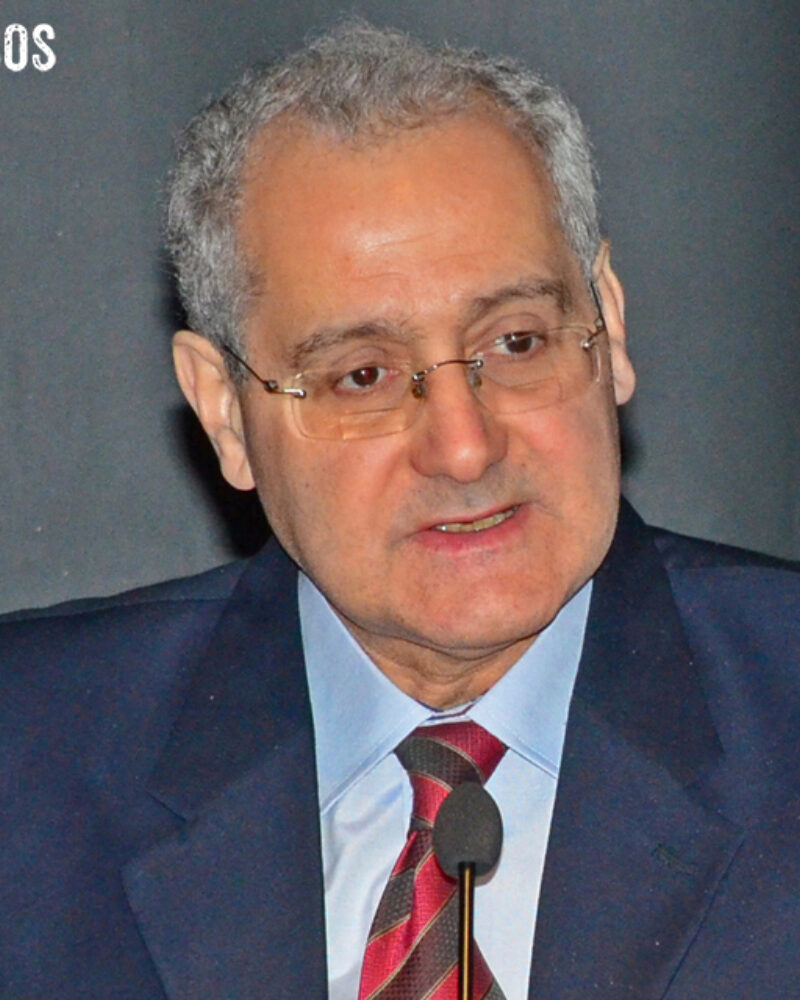

Written by Twila Bird
We were two of the lucky ones
Dr. Abdul Nasser Kaadan, of Aleppo Syria, is a highly regarded physician and scholar. He has been an orthopedic surgeon since 1986, is the founder and president of the International Society for the History of Islamic Medicine, and was a professor and department chairperson at Aleppo University. He has participated in more than 100 international conferences outside Syria, has four-dozen published papers and six books, and was nominated for a Nobel Prize in literature in 2012. But his honors, credentials, and vital work could not keep him safe in his home country.
Dr. Kaadan and his wife, Roua Hajjar, left war-torn Syria, when they realized their lives were in danger. He explained:
“I was living near Aleppo University, which is still under the government’s control. I left in early 2015 when the situation became very dangerous. There were bombings every day and attacks on civilians. One of my colleagues at Aleppo University was killed in a bomb attack, while he was in his car with his son; they both died. Another colleague, a surgeon, was arrested by the government and tortured for giving medical treatment to an injured patient who happened to be a member of the opposition. This is what my family and I faced every day.
“I left Aleppo on a microbus with my wife to the south of Turkey. Usually, this journey takes about one hour by bus to the border, but it took us around twelve hours. The driver had to take the safest route because of the threat of kidnappings and bombings that we faced.
“We passed more than thirty check points and arrived fifteen minutes after the border closed, so we had to stay in a small building prepared especially for such cases. We were with about 300 people, many of them children. It was freezing and the conditions were very poor in this crowded small place, and I developed severe influenza. The next morning, we crossed the border and were directly transported to a Turkish city. My wife and I were two of the lucky ones.
“I left my private hospital, my private clinic, my cars — I left everything behind and some of them are destroyed now, but I’m not thinking about I lost something. I’m sad, but I’m also happy because I have good health and a good mind. If I have those two things, money is nothing at all.”
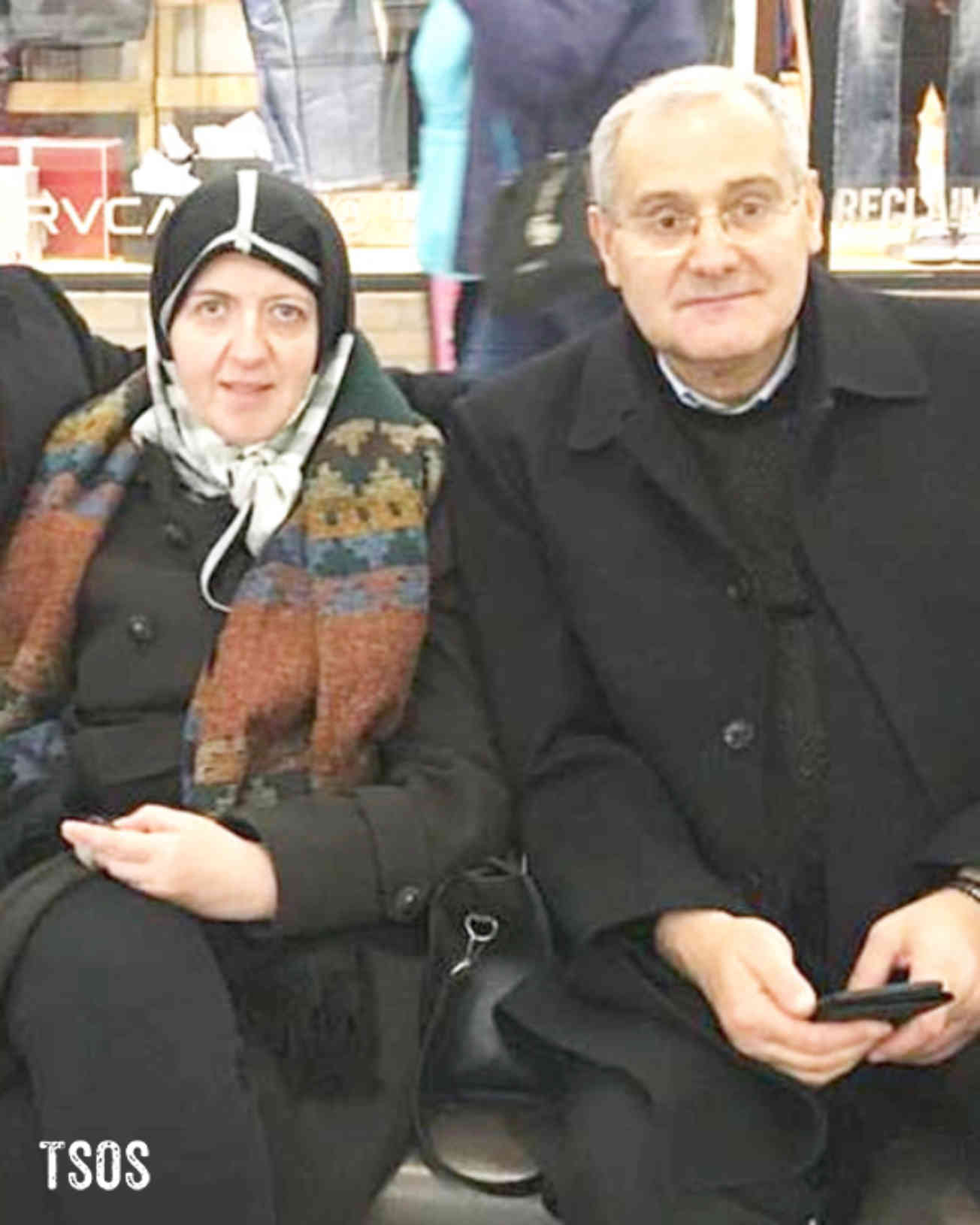
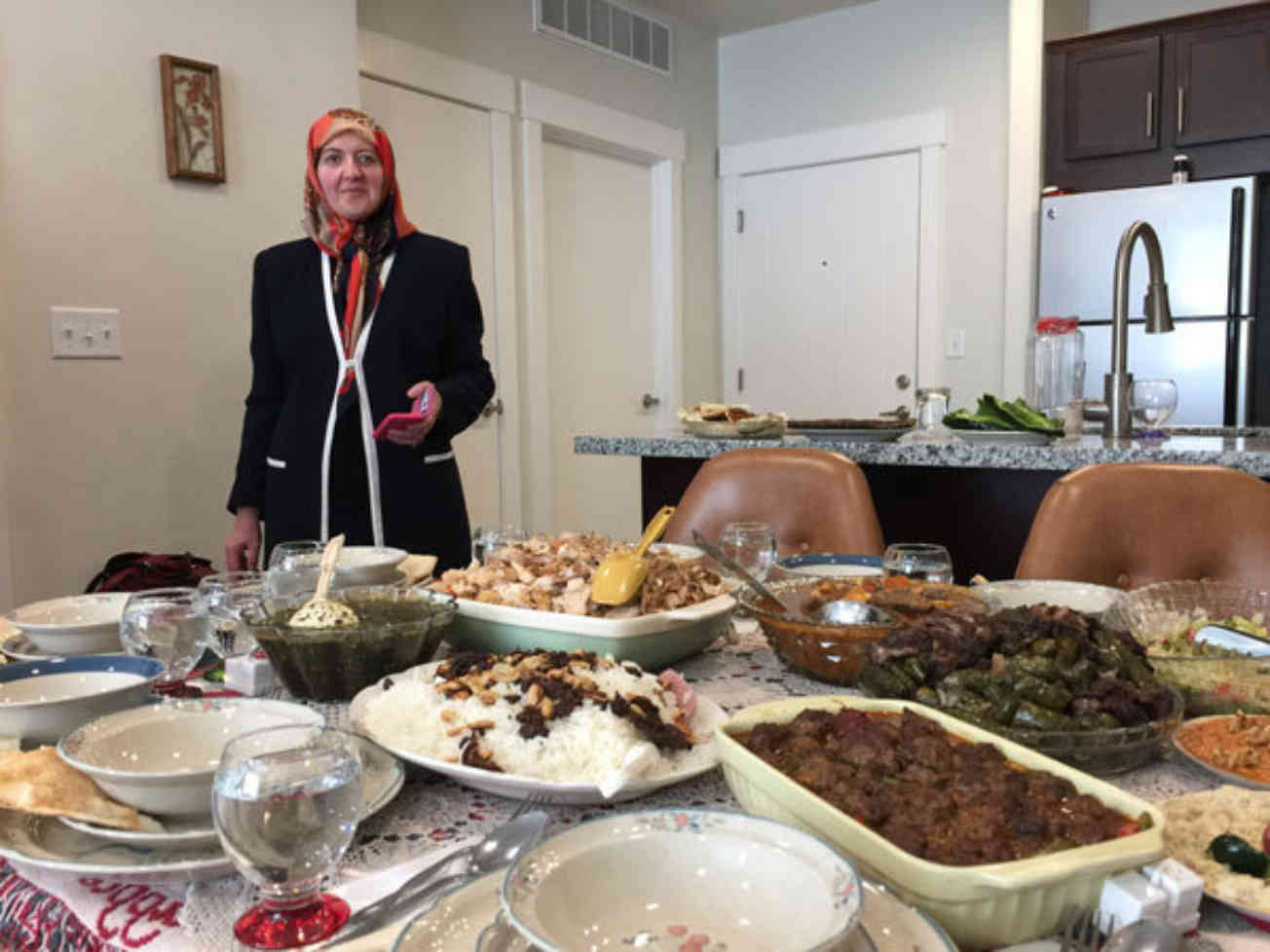
This is truly a new world
For almost two years after leaving Syria, Dr. Abdul Nasser Kaadan lived in Turkey working as a university professor. Realizing Turkey was also on the brink of political upheaval, he began looking for another country where he could begin a new life and a new job, one where he and his wife would be safe.
Dr. Kaadan began sending his resume to universities all over the world. One of his inquiries came to the attention of Dr. Susan Matt, chairman of the History Department at Weber State University in Ogden, Utah, U.S.A. She was immediately impressed and offered him a job teaching classes on medical history and the Syrian conflict. Months later, in late December 2016, she met him at the Salt Lake City airport when he and his wife arrived in Utah.
“We were welcomed from the beginning,” Dr. Kaadan said. “The man who was responsible for checking our passports when we entered the country — he welcomed us, he joked with us and said, ‘You will be safe here’ — a very, very good man. Then we saw Dr. Susan with her husband waiting for us at the airport! I was so surprised. This is truly a new world. This is very different from the culture of the Middle East. I never dreamed the chief of a department would travel to the airport to welcome a professor. When I asked about renting a — what do you call it, a Uhaul? — to help move some furniture, Dr. Matt said, ‘Oh, don’t worry, we’ll get someone to help you.’ I thought she would get some students to help, but how surprised I was when she, along with two other professors, came to carry our things! That would never happen in the Middle East!
“People here are too much ready to be cooperative — they enjoy helping us. This is what I noticed. When I talk to my friends back in Syria, they don’t believe it. They have a bad picture of America because it’s in the media. The media presents America as violent, as killing — but the people I’ve met here would never kill an ant. This is what I want to correct, this picture of how bad America is. I want to correct many misconceptions.”
Dr. Kaadan is now teaching and filling his increasingly busy schedule with guest lectures at other universities and speaking at community events. Like many other people who have family back in their home countries, Dr. Kaadan sends a portion of his salary to his mother, brother, and sisters who continue to live in Aleppo, which is now a city of rubble without electricity or water and replete with inflated food prices.
“It’s sad that I can’t travel back home to see my family, “ he said. “They don’t have enough money, like the vast majority of the people there, to go outside of Syria. They live only from day to day. But I can’t take the risk of traveling abroad and not being let back into the U.S. because of President Trump’s travel ban.”
For the same reason, Dr. Kaadan had to back out of his prestigious engagement as keynote speaker at this year’s conference of the International Conference of Islamic Medicine in Riyadh City in Saudi Arabia.
Dr. Kaadan’s and his wife’s current visas allow them to remain in the U.S. for three years. Roua is taking daily English classes and their circle of new friends is widening. Utah, they are discovering, is a welcoming, secure place to live.
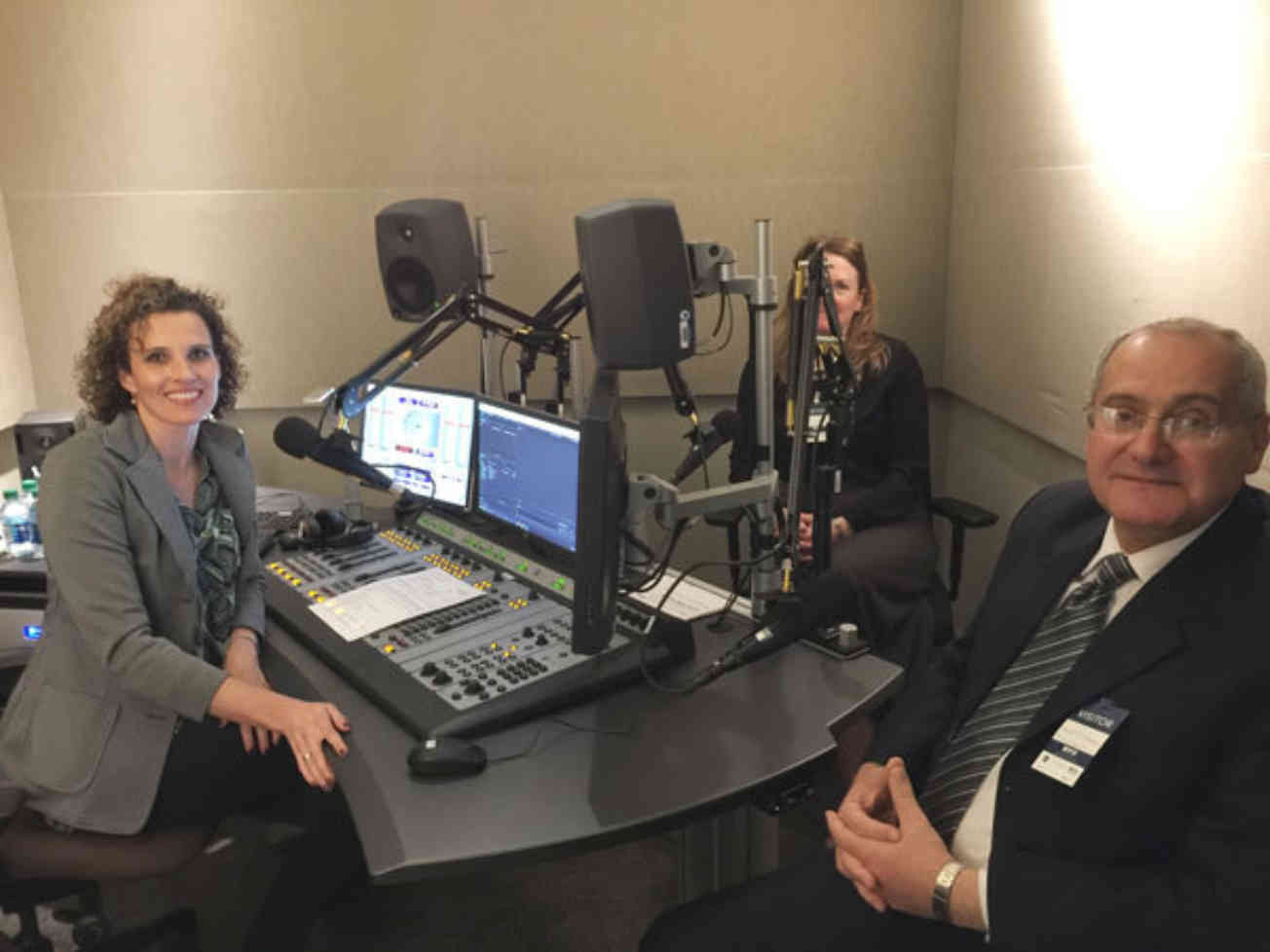
April 24, 2017: Update
Dr. Abdul Nasser Kaadan was a guest on Brigham Young University’s news and public affairs radio program titled “Top of Mind with Julie Rose.” The interview aired on April 21, 2017.
Host Julie Rose introduced her interview with Dr. Kaadan by saying,
“We’re hearing stories about what it’s like to be an immigrant in the United States: the challenge of finding work, even when immigrants are highly educated and respected in their own countries. This scenario applies to many Syrian refugees whose country had one of the best systems of higher education in the Middle East, before it became embroiled in war and chaos”
You can listen to a podcast of the radio interview online.
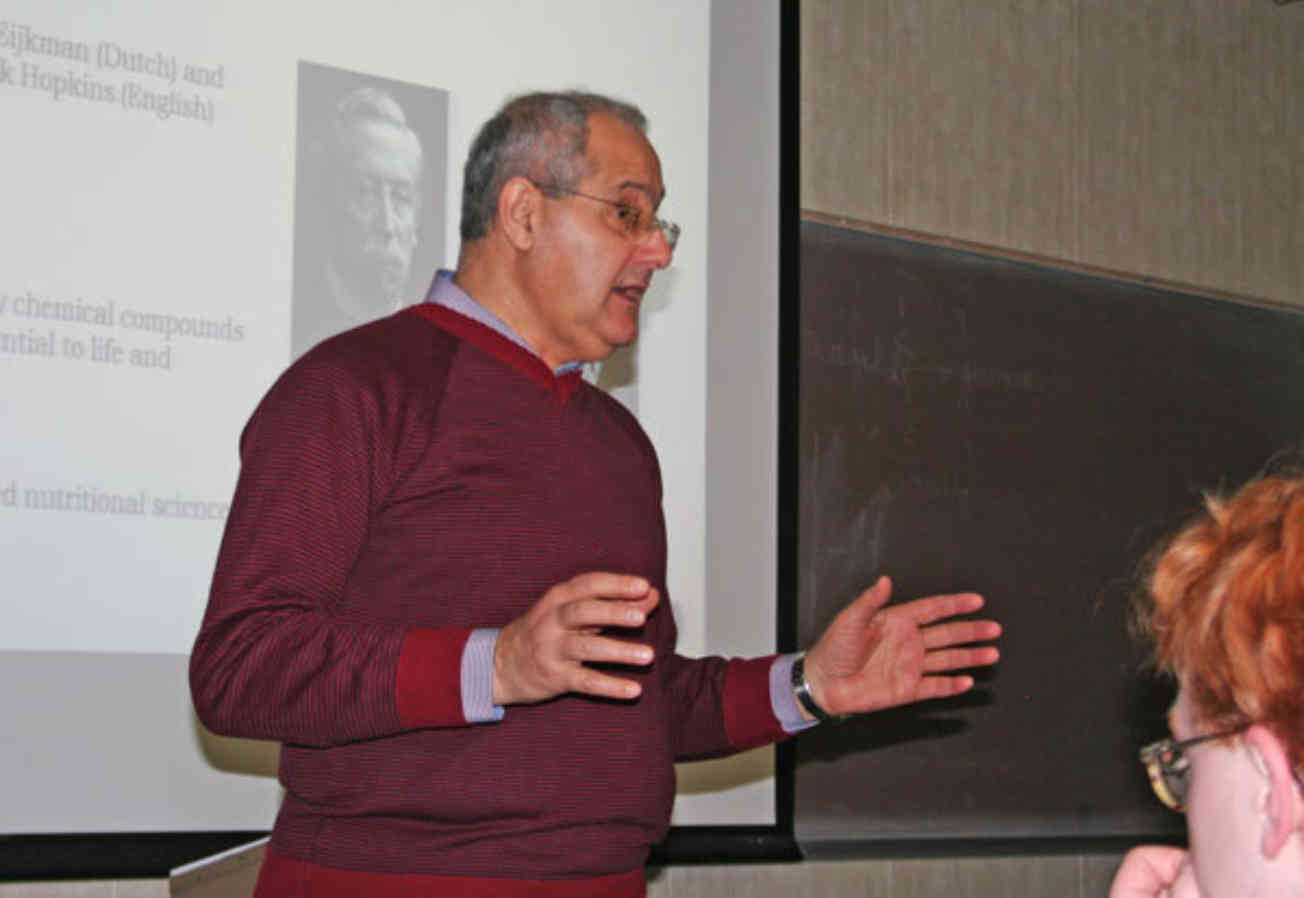
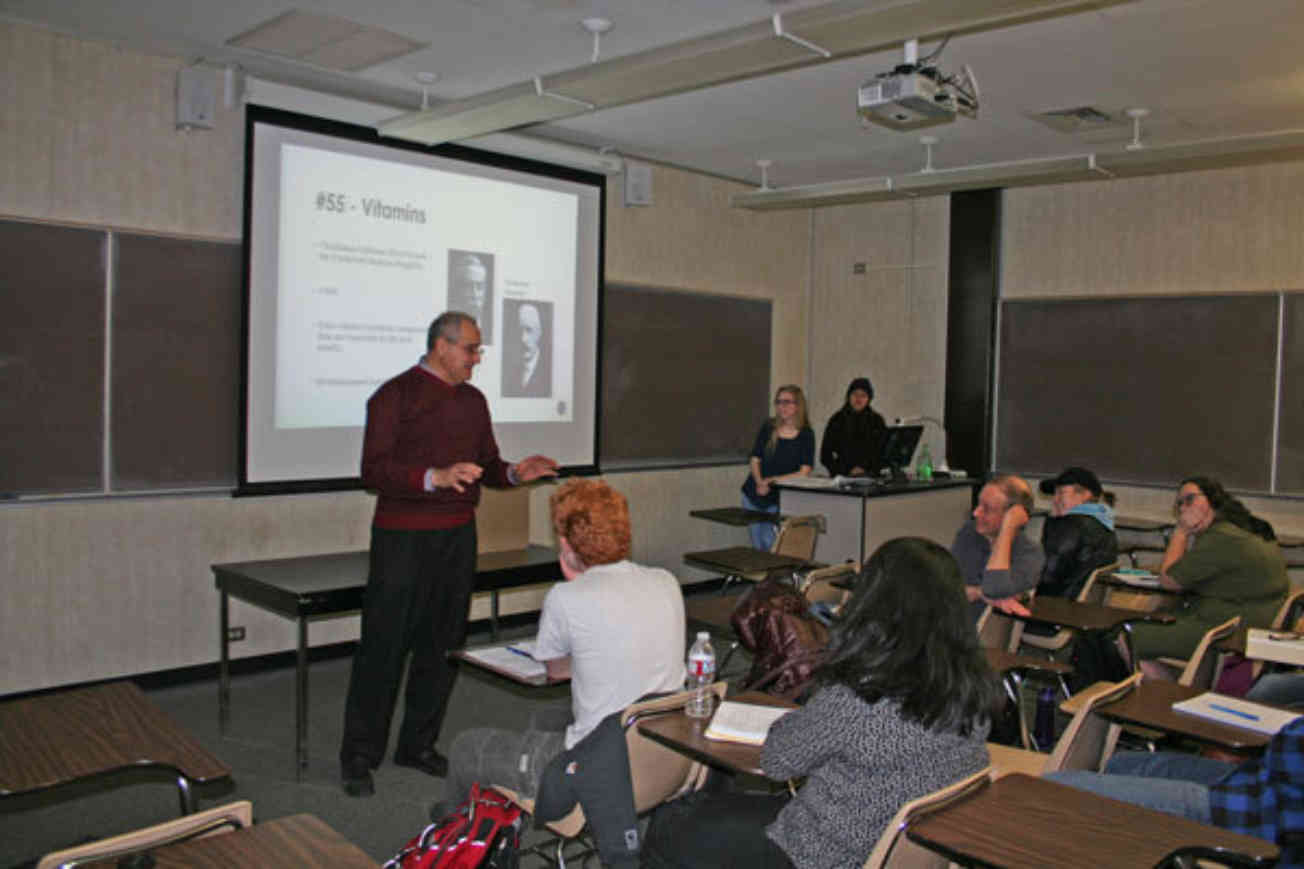
Our team members obtain informed consent from each individual before an interview takes place. Individuals dictate where their stories may be shared and what personal information they wish to keep private. In situations where the individual is at risk and/or wishes to remain anonymous, alias names are used and other identifying information is removed from interviews immediately after they are received by TSOS. We have also committed not to use refugee images or stories for fundraising purposes without explicit permission. Our top priority is to protect and honor the wishes of our interview subjects.